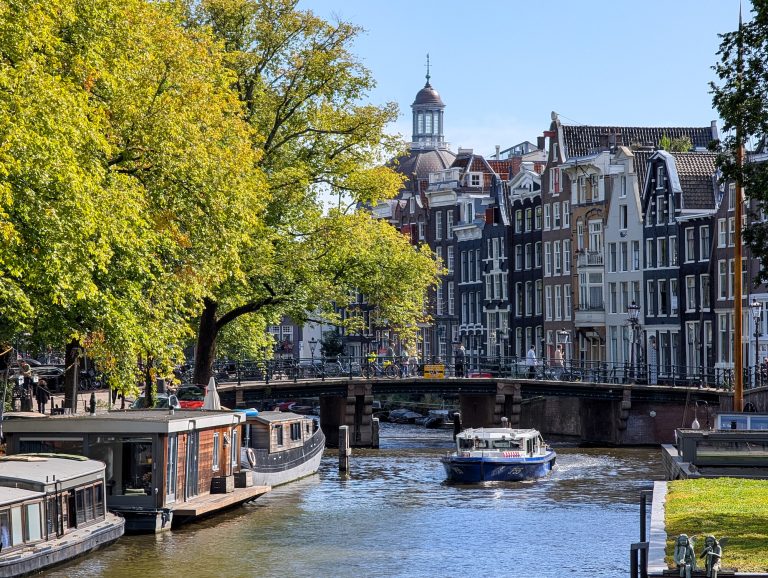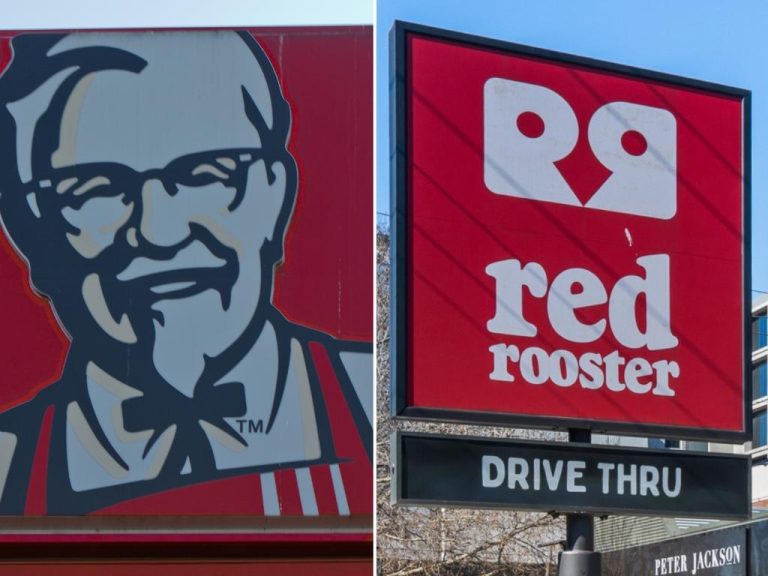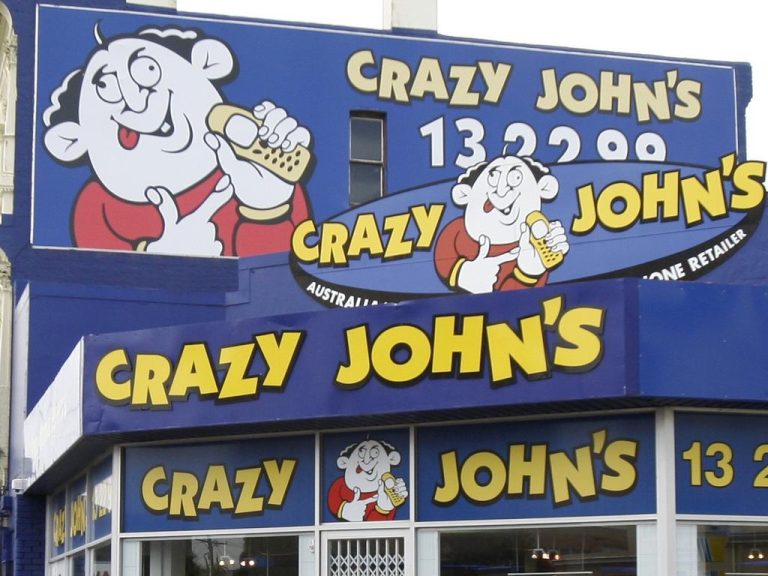Private investors cashing in on office space

Centuria Capital has sold the Biomed Building at 1 Central Avenue, South Eveleigh, to a private investor for $103m.
Private investors are stepping back into the office market as they capitalise on the shift in values, while larger institutions are either selling down or out of the market.
Despite a relatively quiet period, market players are now hopeful that the gap between buyers and sellers is closing, and more transactions are starting to get done.
Wealthy individuals and companies are taking advantage of “repricing” in the office market as they dominate commercial transactions this year, with institutional investors largely on the sidelines.
Real estate agency Colliers’ latest research shows a total of 15 commercial assets were offloaded nationally in the first quarter of this year, with a total value of $719m – up 71 per cent compared to the same period in 2023.
Colliers director of investment services Matthew Meynell said institutional groups had been selling non-core assets more frequently in the past year, while private buyers scrambled to reap the benefits of the high yields on offer.
“We’re seeing our institutional buyers selling and our private buyers and owner-occupiers being the larger buyer group,” Mr Meynell said.

Colliers’ Matthew Meynell. Picture: Supplied
“That is consistent because they’re chasing yield. Right now, we’re seeing asset yields starting to become appealing on income return for them.”
The most significant driver of activity across the major capitals was the acquisition of secondary office assets for repurposing. Notably, 21 per cent of middle markets deals in 2023 – worth between $10m and $150m – were for existing office buildings that are destined for other uses.
Mr Meynell said the shift in buying trends meant less office space would become available in the next three to four years, in turn driving up rental costs. “That will lead to net absorption of supply that’s in the marketplace, which eventually leads to some net effective rental growth because there will be less places for people to rent,” he said.
Global real estate service provider Savills said NSW was leading the nation with 61 per cent of office sales to private investors – and more were being struck.
Fund manager Centuria Capital has just sold the Biomed Building at 1 Central Ave, South Eveleigh, in Sydney, for $103m to a local private investor advised by the Kurraba Group.
Centuria said the deal showed the demand for Sydney fringe office assets of about $100m after it was picked up by one of its unlisted funds for $40m in 2016. The off-market sales process was negotiated by Rebus Property’s Scott Timbrell.
Other private acquisitions in the first quarter include 124 Walker St in North Sydney that sold to Singapore’s Ho Group for $95.5m, as well as the sale of 82 Sussex St, in the Sydney CBD, to Sugolena for $29m.

Savills Australia’s Chris Naughtin. Picture: Supplied
Savills Australia national director Chris Naughtin said there would be flow-on effects from increased demands of office space.
“Australia is forecast to record the second-strongest GDP growth among major advanced economies over the five years to 2029,” Mr Naughtin said.
“Coupled with our sustained population growth, this is a significant tailwind for the Australian economy in the medium term.”
Colliers associate director Catherine Scott said investors were changing their perspective on commercial properties. “We’re seeing a lot of acquisitions from investors acquiring assets to repurpose into better use, whether that be upcycling, better-grade offices, inter-residential and hotels,” Ms Scott said.

Colliers’ Catherine Scott. Picture: Supplied







